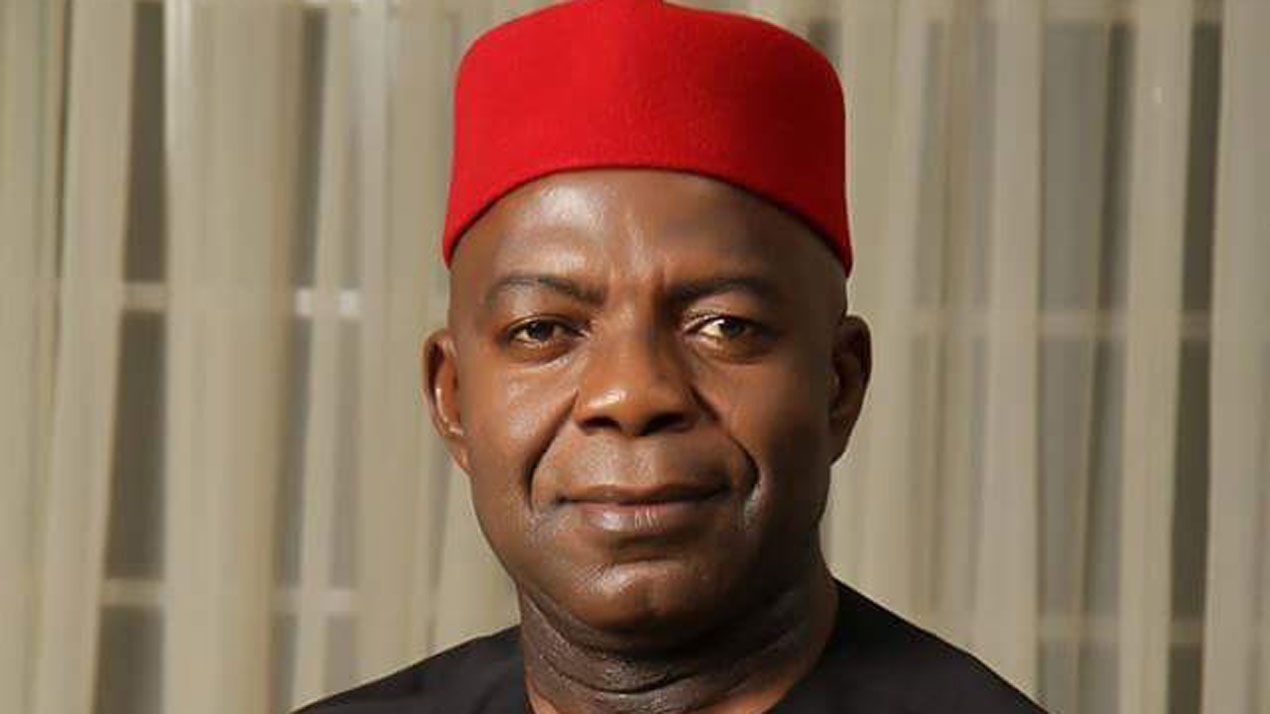A Nigerian businessman has been killed in South Africa’s eastern cape province. The man was allegedly killed by a group of eight policemen who interro
A Nigerian businessman has been killed in South Africa’s eastern cape province. The man was allegedly killed by a group of eight policemen who interrogated the businessman at his home in the eastern cape province over the weekend.
The matter has been handed to the Independent Police Investigative Directorate which has confirmed it is looking into the incident. Nigeria’s Consul-General to South Africa, Godwin Adama confirmed the incident, noting that the perpetrators will be brought to book.
A number of Nigerians have been killed in xenophobic attacks in South Africa between 2016 and this year
Meanwhile, in a related development, a human rights activist, Alexander Orji, urged Nigerians to stop picketing South African companies in Nigeria. He said picketing would not stop the killing of Nigerians in South Africa, but worsen the rivalry among citizens of the two nations.
Orji, director-general of centre for protection of Nigerians in diaspora, made the appeal following threats of attack on South African businesses in Nigeria by the National Associations of Nigerian Students (NANS). The association, had on August 8 in Yola, in Adamawa state, picketed South African businesses, warning them to leave the country within seven days.
Also, the students association in Ogun state picketed South African companies such as MTN, DSTV and Stanbic Bank. Orji said that there was a lot of risk in picketing and this would not favour anyone, while violence had never settled any dispute, but ignited the fire. He said that violence on South African companies could not be the right approach as it would not stop the killings, but rather add to the sufferings of Nigerians there who were mostly employees.
“Although Xenophobic attacks on Nigerians in South Africa is very wrong and condemnable, the picketing approach is also very condemnable. Do not forget that their presence has brought solutions to many gap in goods and services where Nigerians are the employees, doing that will leave some youths jobless,” he said.


